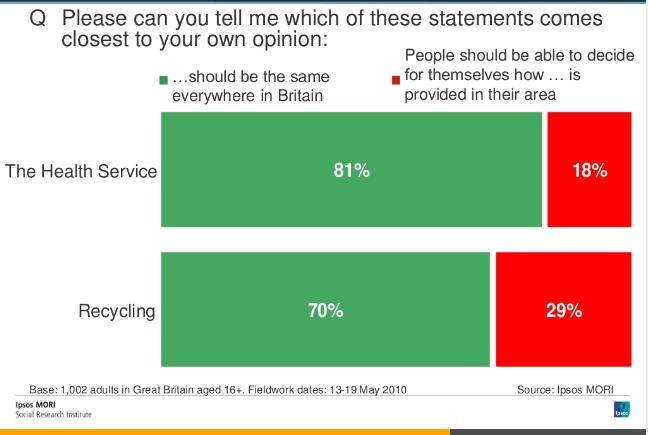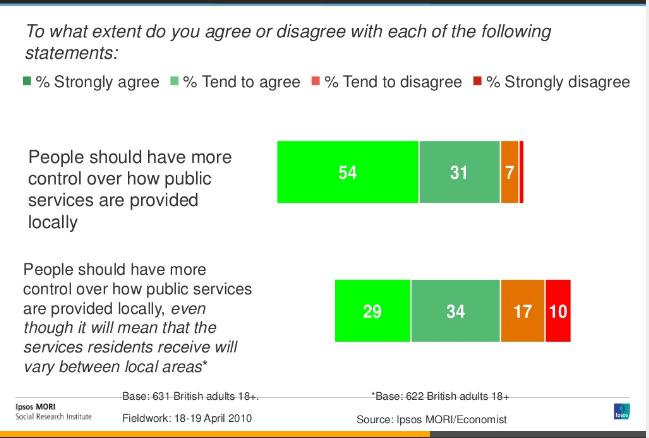
Image by Ministerio TIC Colombia via Creative Commons
By Steven McGinty
In March, a report by Nesta and the Public Service Transformation Network suggested that local councils could save £14.7 billion by going ‘digital by default’ by 2020, i.e. moving all transactional services online and digitising back office functions.
However, this is not the first report to highlight the potential savings in going digital. In 2015, the Policy Exchange think tank published a report outlining how £10 billion could also be saved by councils by 2020, if they made smarter use of data and technology. Similarly, the Local Government Association (LGA) has published guidance on the benefits of digital technologies for councils, including financial savings.
All these documents make the positive case for digital. Yet, as discussed in a previous blog article, local government is still lagging behind when it comes to implementing new technologies. Jos Creese, Chief Information Officer (CIO) at Hampshire County Council and Chair of the Local CIO Council, explains that:
“It’s doubtful if any local authority is not making savings from digital investment. The challenge is being able to quantify savings.”
This suggests that if local government is ever going to achieve its ambition of becoming ‘’digital by default’, then attempts must be made to evaluate projects, to develop a strong evidence base, and to share examples of best practice. Below I’ve highlighted some projects which provide a strong case for investment.
Manchester City Council
In 2012, Manchester City Council decided to create a more responsive ‘mobile first’ website that citizens could access from free Wi-Fi spots around the city via smartphones and tablets. The website was developed by an integrated team comprising IT and marketing staff from Manchester City Council, and developers from the supplier. From the beginning, the team reviewed how people interacted with the council, such as how they asked for services and how they reported problems. The website was tested by members of the public, as well as accessibility experts and representatives from organisations representing blind and partially sighted people.
This website redesign has led to Manchester City Council saving £500,000 in the first nine months and winning a European award for website design and functionality.
Nottingham City Council
Nottingham City Council has introduced a workflow management app, replacing an inefficient paper-based system. The new app allows staff from customer services, highway inspectors and response teams to enter faults, such as potholes or damaged street lights, directly into the system. It then automatically allocates the fault to the relevant inspector and, once the work is completed, digitally signs it off. Residents are also kept informed via updates, as the progress of the work is linked to the initial order raised.
The council has reported that the app has created £100,000 in savings in less than one year. In addition, the improved monitoring of productivity has led to 40% field efficiency savings and 60% back office savings in the Highways department.
London Borough of Camden
In 2013, the London Borough of Camden introduced a programme to create a single source of residents’ data. The Camden Residents Index (CRI) used a technological solution to match different types of data with individual residents (allowing the council to have a single point of view for each resident’s data).
The CRI has been used for a number of purposes, including detecting fraud and managing the electoral roll. For instance, the index was able to identify 752 council properties that could have been illegally sublet. The council estimated that a quarter of these properties were reclaimed, saving approximately £18,000 per property and £3.4 million in total. The CRI was also able to validate 80% of data from the electoral roll (which is higher than the 50% rate of the Department for Work and Pensions, which usually validates the council’s electoral data). This increased match rate resulted in less manual checking, which saved Camden council £25,000.
Poole County Council
Poole Borough Council has recently moved towards using cloud-based services. They highlighted three main drivers for this change: complying with the Cabinet Office’s Cloud First Directive; improving the agility of services; and making the necessary savings to the information and communications technologies (ICT) budget. The move has already saved the council £60,000; with an additional £750,000 worth of savings possible over the next three years.
Conclusion
Local council leaders may be anxious about making the case for investment, but investing in digital should be considered as a necessity, rather than a luxury, for meeting growing citizen demands with fewer resources.
These are just a few, of the many examples, of how local councils have benefited from digital transformation.
Follow us on Twitter to see the developments in policy and practice currently interesting our research team.
Further reading: if you liked this blog post, you might also want to read our other posts on digital.





You must be logged in to post a comment.